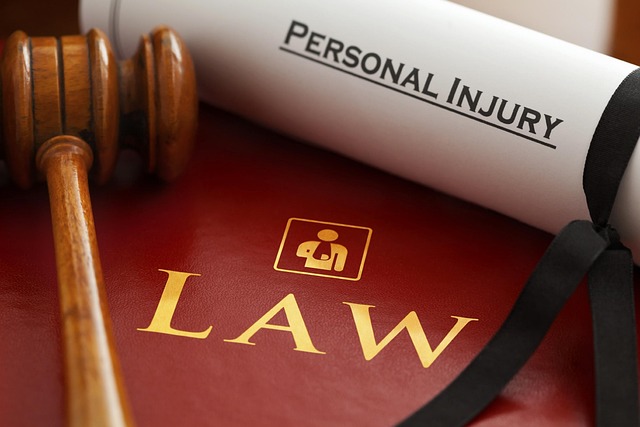If you’ve been hurt in an accident and you’re not sure what to do next, you’re not alone. Many people have never had to deal with legal matters before and don’t know where to start. That’s where understanding personal injury law basics can make a big difference. Whether you’re facing medical bills, lost wages, or emotional distress, learning the fundamentals of personal injury law can help you take the next step toward justice.
What Is Personal Injury Law?
At its core, personal injury law allows someone who has been harmed by another party’s actions to seek compensation. This harm may be physical, emotional, or even financial. According to the Cornell Legal Information Institute, a personal injury can result from accidents, intentional acts, or defective products.
Learning personal injury law basics means understanding that this type of law is part of civil law. It doesn’t involve criminal charges, but instead focuses on compensating victims. The most common types of cases include car accidents, slip-and-fall incidents, dog bites, medical malpractice, and workplace injuries.
Key Elements of a Personal Injury Case
One of the most important parts of personal injury law basics is knowing what makes a case valid. To have a strong case, you typically need to prove four things:
- Duty of Care – The other party had a legal responsibility to act with reasonable care.
- Breach of Duty – That party failed to uphold that responsibility.
- Causation – Their actions caused your injury.
- Damages – You suffered real losses, such as physical injuries, medical costs, or emotional pain.
Without these elements, your case may not hold up in court. This is why it’s important to speak to a qualified attorney right away.
Common Types of Personal Injury Claims
Another key part of personal injury law basics is understanding the wide range of situations where these laws apply. Some of the most common include:
- Motor vehicle accidents: Car, truck, motorcycle, and pedestrian accidents are some of the most frequently filed personal injury claims.
- Premises liability: These involve injuries on someone else’s property, like slipping on wet floors in a store.
- Product liability: If a defective product causes injury, the manufacturer may be held responsible.
- Workplace accidents: While some are handled through workers’ compensation, others may involve third-party claims.
Regardless of the type of incident, the goal of personal injury law basics is the same: to help victims recover what they’ve lost.
Understanding Compensation
Compensation, also called damages, is a central concept in personal injury law basics. Depending on the facts of your case, you may be able to recover money for:
- Medical expenses
- Lost income
- Future medical treatment
- Pain and suffering
- Property damage
Punitive damages may also be awarded in cases involving gross negligence or intentional harm. An experienced attorney can help you calculate the full value of your claim.
Why Time Matters in Personal Injury Cases
One of the most often-overlooked aspects of personal injury law basics is the statute of limitations. This is the legal time limit you have to file a lawsuit. In many states, it’s around two years from the date of the injury, but it varies depending on where you live and the type of case.
Missing the deadline could mean losing your right to compensation forever. This is why it’s important not to wait and to reach out to a lawyer as soon as possible after your injury.
How a Lawyer Can Help
Understanding personal injury law basics is useful, but navigating the legal system is a job best left to professionals. A skilled attorney can investigate your case, gather evidence, deal with insurance companies, and represent you in court if necessary.
Legal support can make a major difference in the outcome of your case. While it’s possible to handle minor claims on your own, serious injuries almost always require the help of an attorney.
Where to Find More Information
If you’re looking to dive deeper into personal injury law basics, there are reliable resources available that can help you learn more about your rights. These guides can explain everything from how to get a police report to what steps to take immediately after an accident.
Even with good resources, though, there’s no substitute for personalized legal advice. Every injury case is unique, and speaking directly with a legal professional ensures you get advice tailored to your situation.
Call a Personal Injury Lawyer Today
You don’t have to figure this out alone. If you’ve been injured in any type of accident, now is the time to act. The longer you wait, the harder it may become to collect evidence or connect your injuries to the event that caused them.
Understanding personal injury law basics gives you a foundation—but a personal injury attorney can take it from there. They’ll help protect your rights, file your claim, and fight for fair compensation on your behalf.
Whether it’s a car crash, slip-and-fall, or another unexpected injury, having legal representation ensures you’re not facing the system alone. Don’t let medical bills, lost work, or emotional stress keep piling up.
Contact an attorney today to discuss your options and get the guidance you need. It could be the most important step you take toward recovery.
